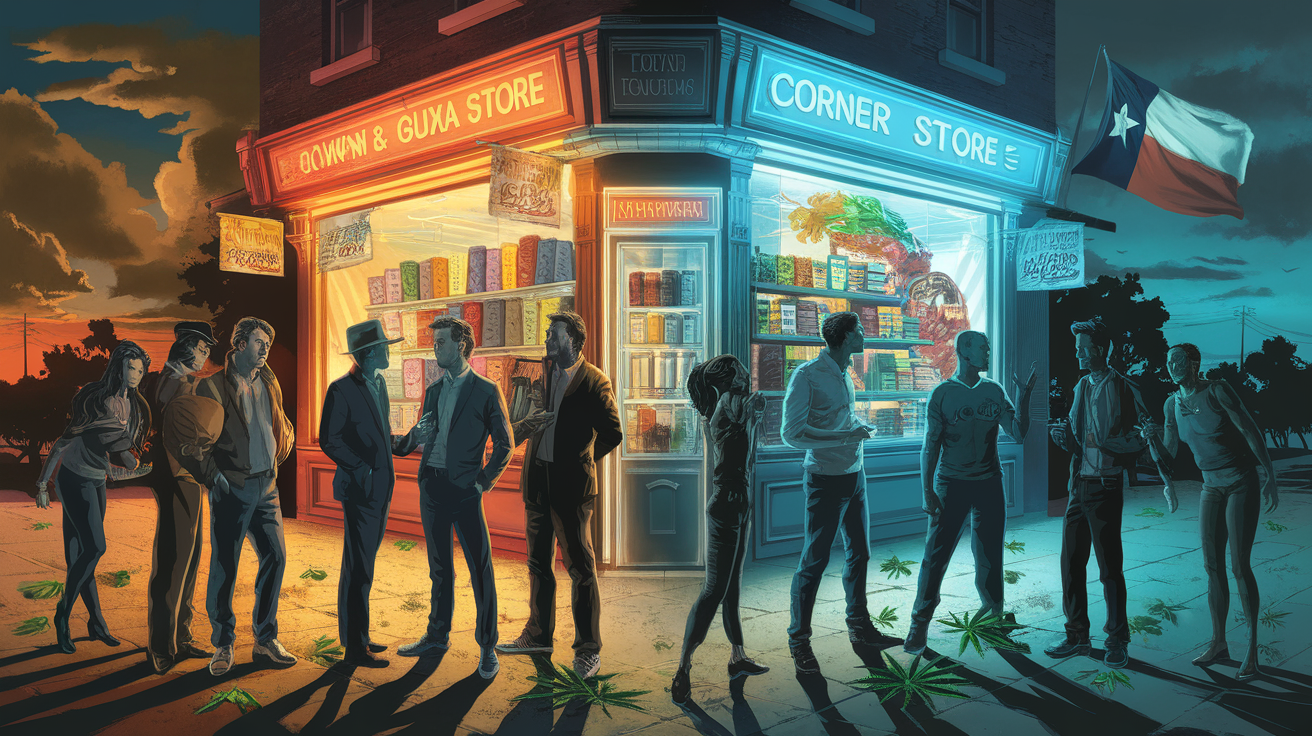In the heart of Texas, where wide-open skies meet bustling cities like Austin, a surprising twist has unfolded in the world of hemp and THC.
Lawmakers gathered for a special session, buzzing with talks about new rules for these popular products. But when the gavel fell, nothing changed.
Hemp stays unregulated, and THC items like gummies and drinks remain legal for anyone, no matter their age. This decision, or lack of one, is stirring up a storm of opinions across the state and beyond.
Picture this: A teenager in Dallas strolls into a corner store and picks up a pack of THC-infused candies, no questions asked. Or a parent in Houston wonders if their kid's after-school snack could pack a hidden punch.
These scenes are real possibilities now, thanks to the Texas Legislature's recent session ending without action. According to reports from KUT News, the session wrapped up on September 4, 2025, leaving hemp products in a legal gray area.
THC, the stuff that gives marijuana its kick but comes in milder forms from hemp, is still up for grabs without age limits or strict controls.
This isn't just a local hiccup. Nationally, folks are chatting about how to handle substances that affect minds and bodies, especially when it comes to protecting young people.
Critics like health expert Dr. Elena Ramirez from the University of Texas argue that without rules, kids might face risks like accidental overuse or long-term health issues. "We've seen spikes in emergency room visits from these products," she notes in recent studies.
On the flip side, business owners like Jake Harlan, who runs a hemp shop in San Antonio, cheer the freedom. "It's about personal choice and boosting our economy," he says, pointing to jobs created by the booming industry.
The controversy boils down to one big question: Should Texas prioritize unrestricted access to THC as a nod to individual rights, or clamp down to shield vulnerable youth from potential harm?
This divide has people picking sides fast. Supporters of no regulation say it's a win for liberty in a state that prides itself on independence.
They highlight how hemp helps with pain relief and relaxation for adults, backed by research from organizations like the National Institutes of Health showing low risks in controlled use.
But opponents worry about the message it sends to teens. "If it's legal for all, how do we teach responsibility?" asks Sarah Jenkins, a concerned mom and advocate from Fort Worth.
Texas isn't alone in this puzzle. States like California have tight rules on cannabis, requiring IDs and limits on potency. Yet here, with no updates to laws from 2019 that first legalized hemp, the market has exploded.
Sales of THC goodies have soared, from colorful edibles to vapes, often marketed with fun flavors that appeal to younger crowds.
Law enforcement officials, including Sheriff Tom Garcia in Travis County, report confusion in enforcing vague guidelines. "We need clear lines," he told reporters. As debates rage online and in coffee shops, experts urge more research.
The Centers for Disease Control and Prevention warns of youth exposure to THC, linking it to issues like impaired learning. But pro-hemp groups, such as the Texas Hemp Coalition, cite economic booms, with the industry generating millions in revenue and supporting farmers hit by tough times.
This standstill leaves Texas at a crossroads. Will future sessions bring change, or will the Wild West approach to hemp continue? The question lingers: In the name of freedom, are we risking the well-being of our next generation, or empowering adults to make their own calls?
As voices grow louder, one thing is clear - this story is far from over, and it's got everyone talking.

